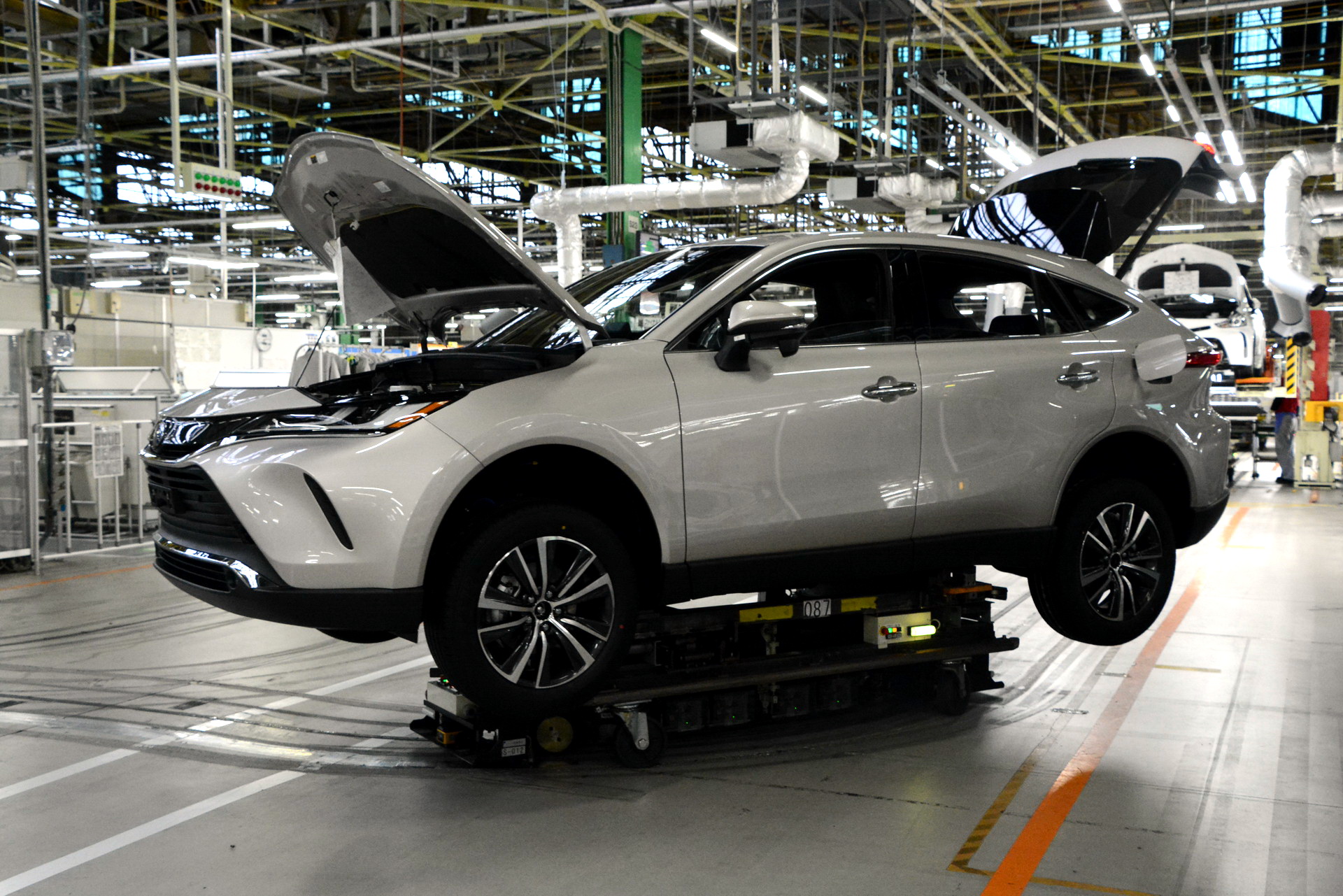Buying a new car is not as easy as it sounds nowadays, with unusually long delivery times due to ongoing production issues. Toyota hopes to solve this by offering “recommended” trim variants of its models with limited options, for customers who prioritize faster delivery over personalization.
The recently revealed Toyota Sienta compact minivan is offered in a “recommended” guise with fixed equipment and a shorter waiting list. Customers who opt for this trim will get their Sienta by April 2023 at the latest, while those who want a different variant with optional equipment will have to wait longer. It is not clear if the recommended Sienta comes with a basic kit or high-tech features, since the goal is uniformity.
See Also: Modellista’s Toyota Sienta Exploring Its Sporty, Adventurous, And Premium Sides
As reported by Nikkei Asia, the difference in delivery times between a recommended Sienta and other trims is two to three months, or 25 percent faster. Delivery times for other Toyota minivans like the Noah / Voxy are between six and seven months for ICE-powered versions and twelve months for hybrids. Toyota plans on offering similar “recommended” trims for the Crown range starting from next month.
In the past decade, companies are trying to reduce their lineup and simplify their trim structure in an effort to reduce cost and complexity. While offering plenty of personalization options and extra features supposedly helps companies increase their profit margins, it makes production more difficult and time-consuming. Thus, offering vehicles with a standardized kit is a clever way of streamlining production and getting more cars ready for delivery faster.
Until the issues with the supply chain and the ongoing semiconductor shortage are dealt with, we expect more companies to follow a similar strategy. In September 2021, Ford offered basic Puma trims with fewer safety and tech features, while in July 2022 they restricted the availability of Fiesta and Focus models in Europe until production catches up with demand. In the US, a sum of 95,000 GM vehicles was in limbo last month, awaiting parts like semiconductor chips.






